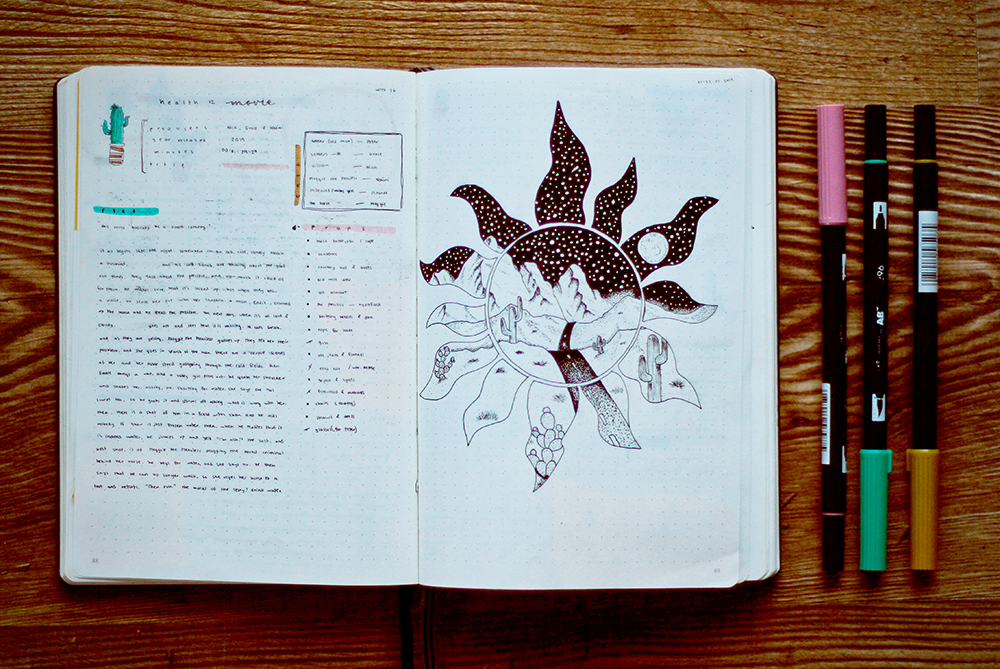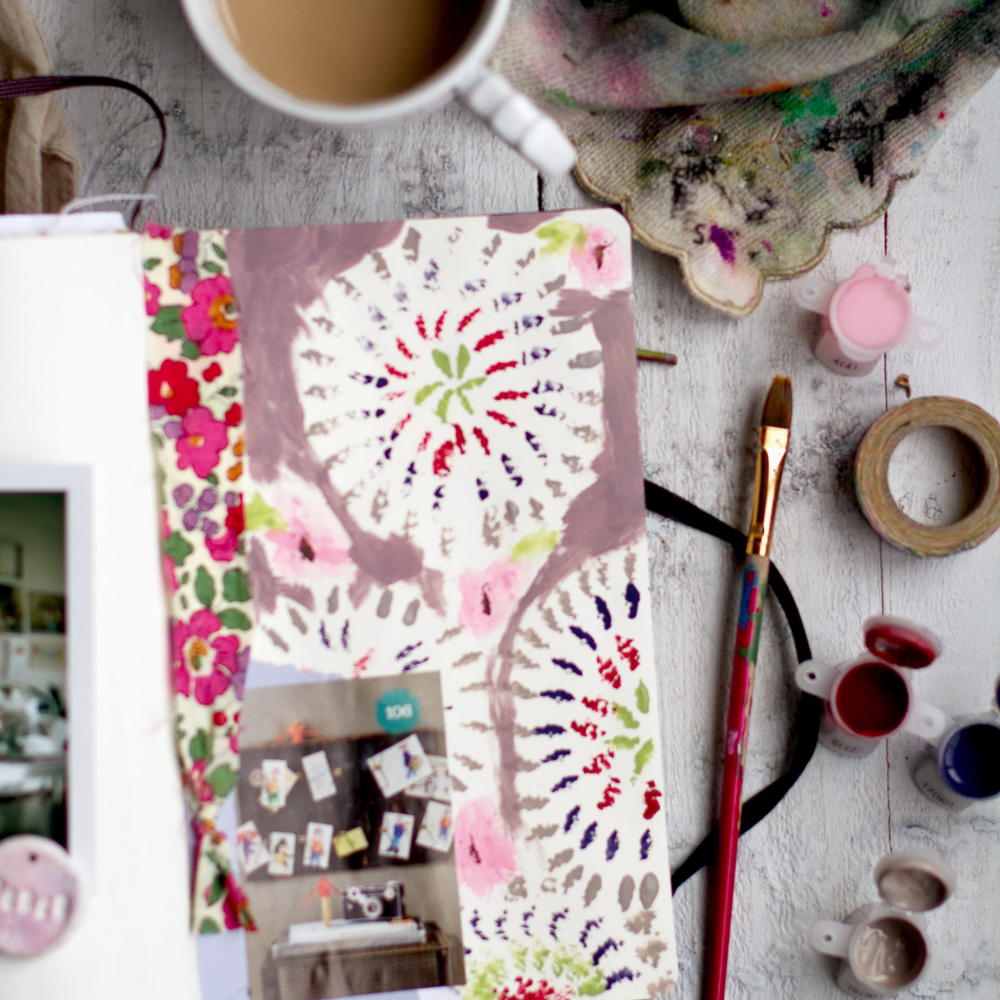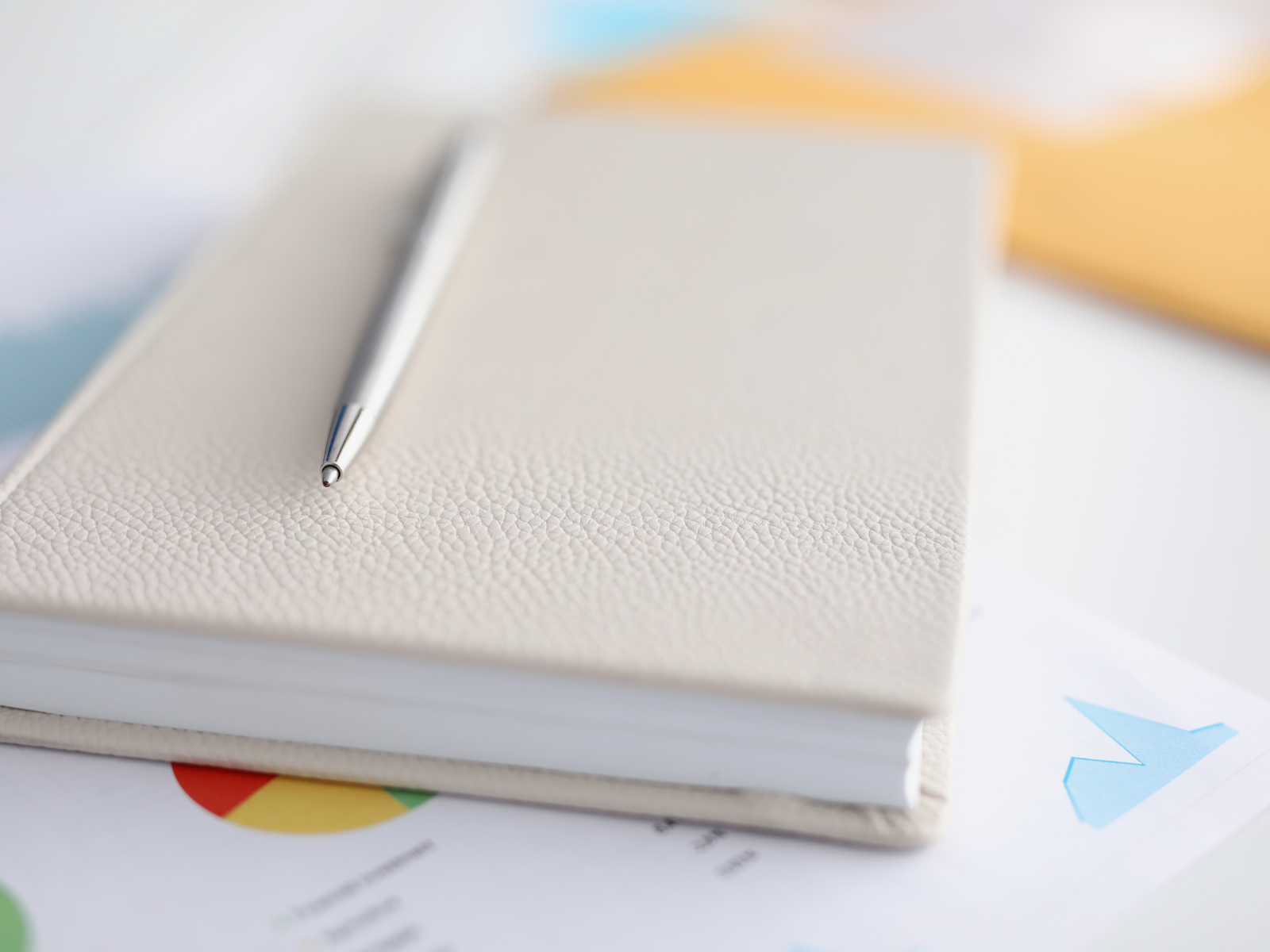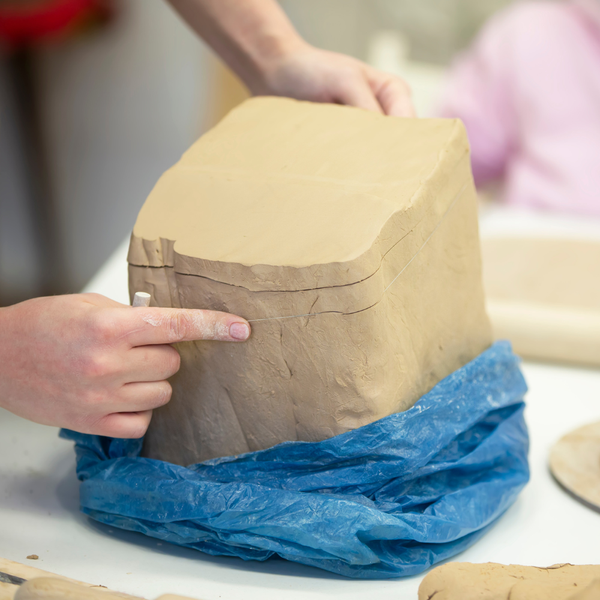Journaling isn't just a way to record daily events; it's a gateway to self-discovery and personal evolution.
Whether you're looking to cultivate a positive mindset, decode your dreams, or streamline your life, journaling can be your most trusted tool.
This guide dives deep into the three most impactful forms of journaling—gratitude, dream, and bullet journaling—each offering unique pathways to enhance your mental clarity and emotional well-being.
Join us as we explore how these journaling practices can transform your approach to life and unlock your full potential.
Key Takeaways:
- Understanding Different Journaling Styles: Learn about the three main types of journaling: gratitude, dream, and bullet journaling, and how each can enhance your well-being.
- Benefits of Journaling: Discover how these journaling practices can aid in mental health, foster creativity, and keep track of personal growth.
- Getting Started with Journaling: Tips and insights on how to begin your journaling journey, regardless of which style you choose.
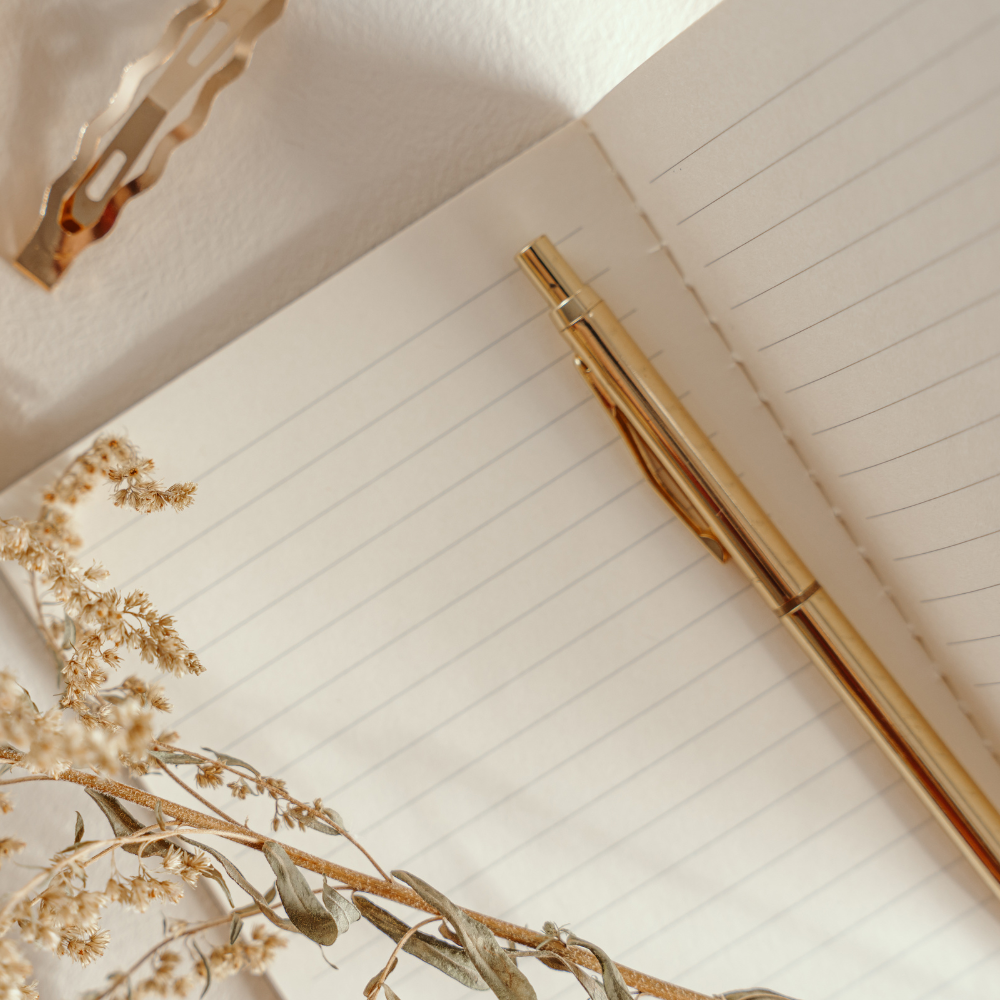
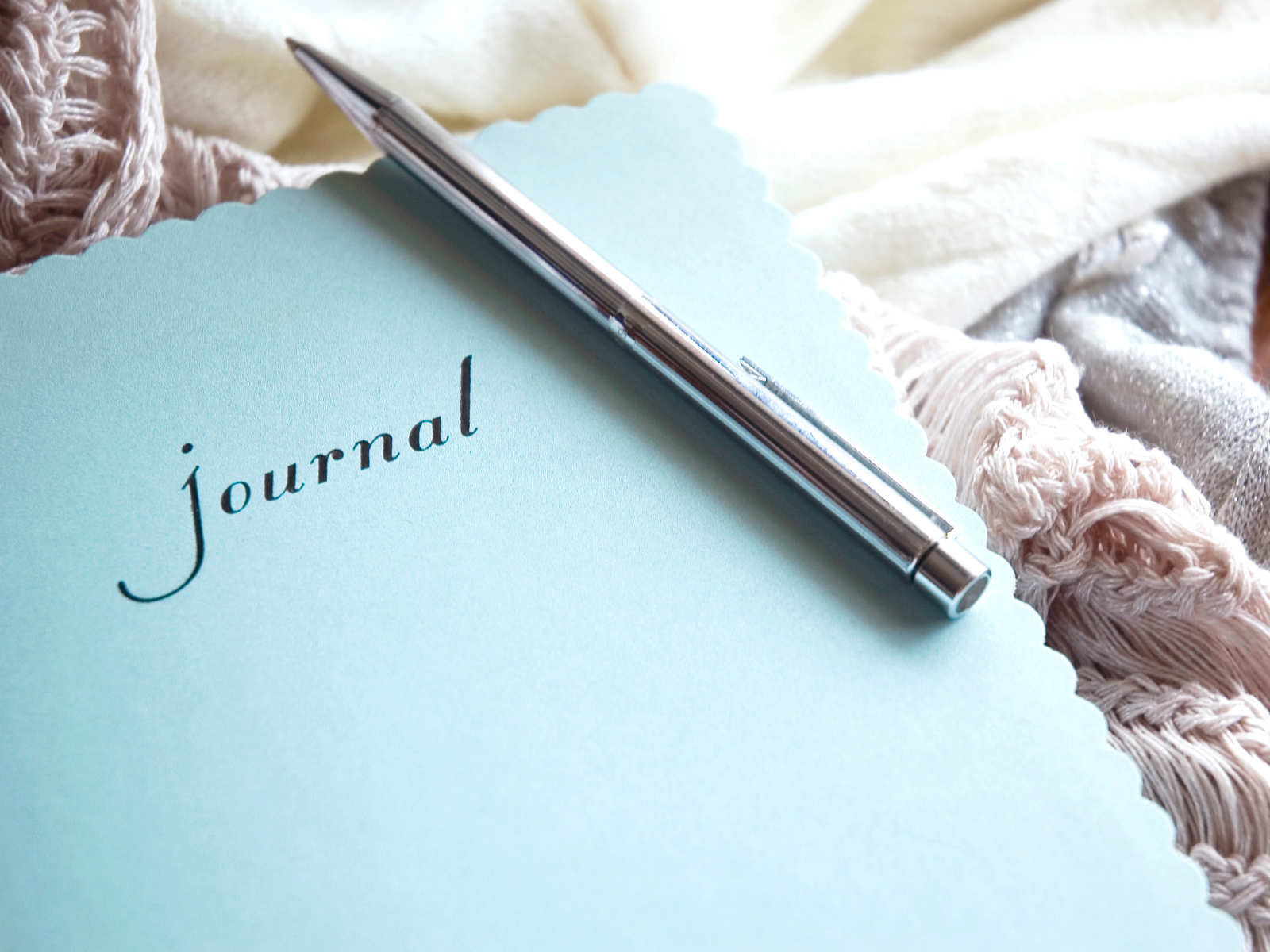
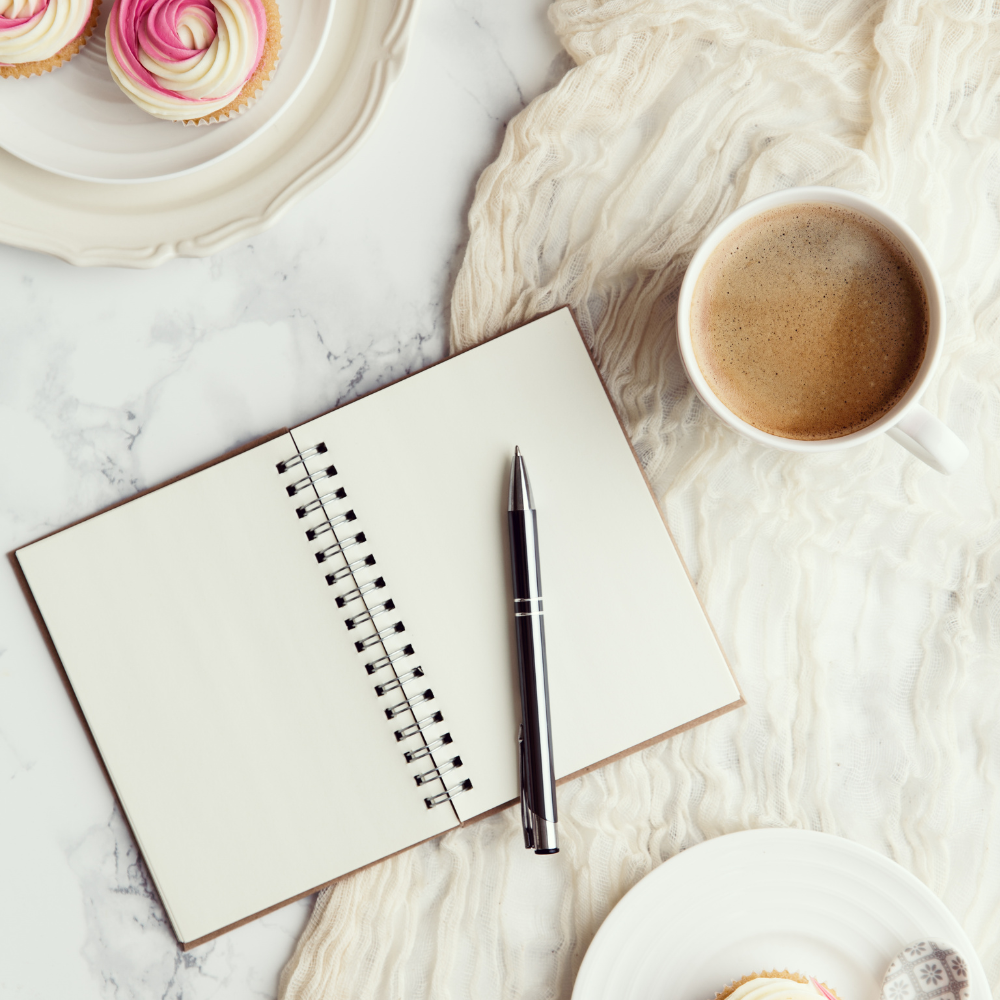
Essence of Gratitude Journaling
Gratitude journaling involves regularly noting down things for which one is thankful.
This practice turns the mind's focus towards positive aspects of life, fostering a sense of contentment and well-being.
By writing about the good in your day, you train your brain to spot the silver linings even on cloudy days.
Gratitude journals do not require elaborate setups; a simple notebook where you list three things you are grateful for each day can suffice.
This type of journaling has been linked to improved mental health as it gradually shifts one’s perspective from what is lacking to what is abundant.
Dream Journaling: Unveiling the Unconscious
Dream journaling entails recording dreams upon waking. This practice not only helps in retaining the ephemeral nature of dreams but also aids in understanding deeper subconscious thoughts and feelings.
Dreams can be a gateway to creativity and problem-solving, offering insights that are not apparent when one is fully conscious.
Keeping a dream journal next to your bed and jotting down details as soon as you wake up makes this practice effective.
Over time, patterns might emerge that can provide valuable clues about your inner world and emotional health.
Bullet Journaling: Organized Creativity
Bullet journaling combines elements of diary, planner, and to-do list, making it an all-encompassing method that helps manage daily tasks alongside personal reflection.
This system uses symbols to categorize entries and often includes a dot grid pattern which facilitates both structured plans and freeform creativity.
The flexibility of bullet journals is one of their greatest strengths.
Whether you're tracking reading habits, planning a project, or noting down random thoughts, the bullet journal adapts to your needs.
It’s a blank canvas that can be as simple or as detailed as you wish.
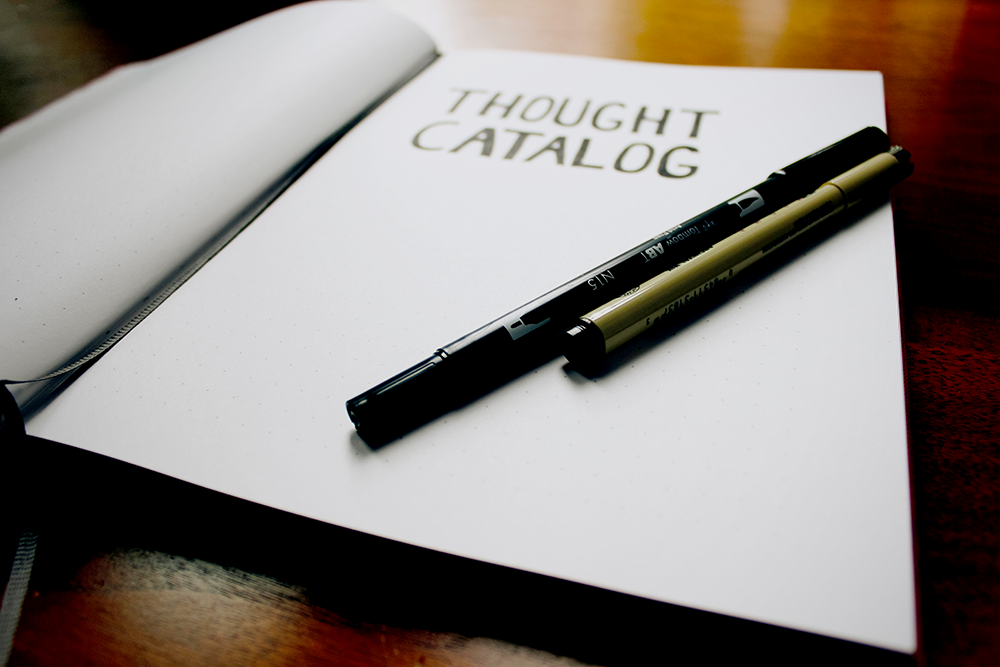
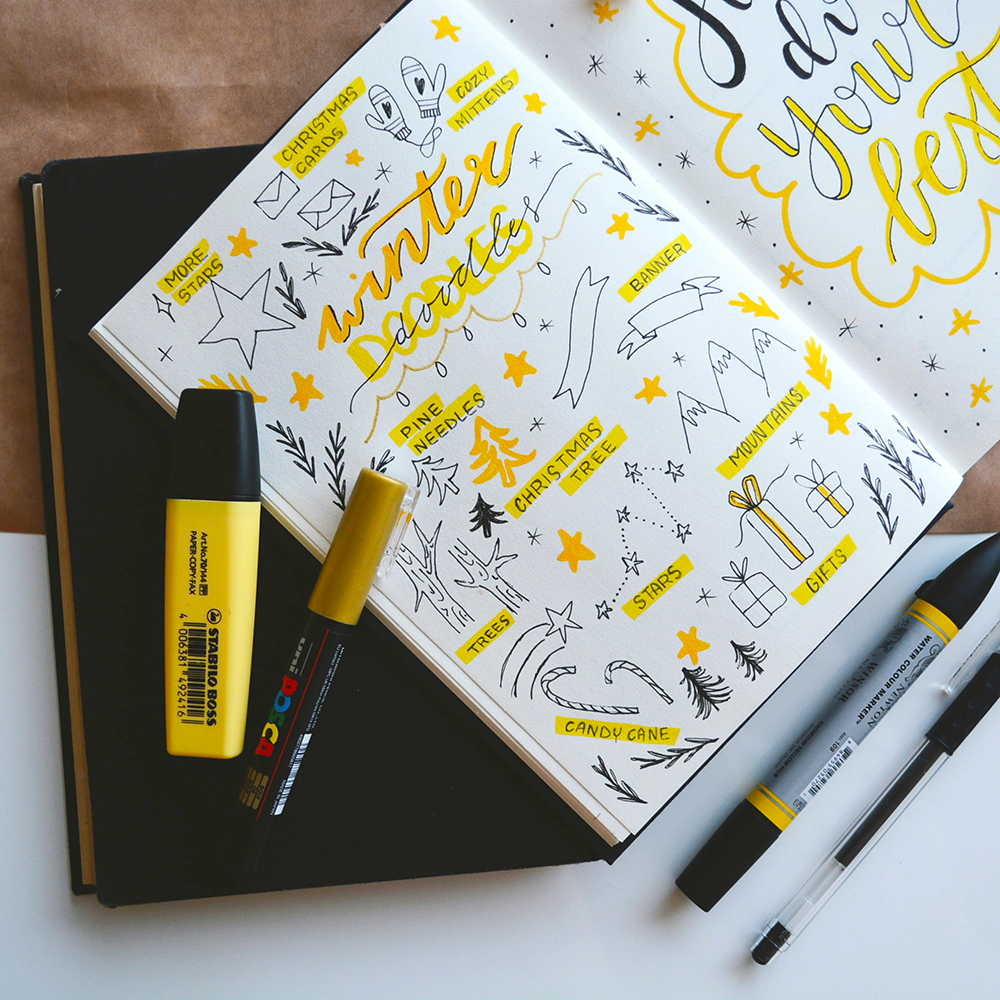
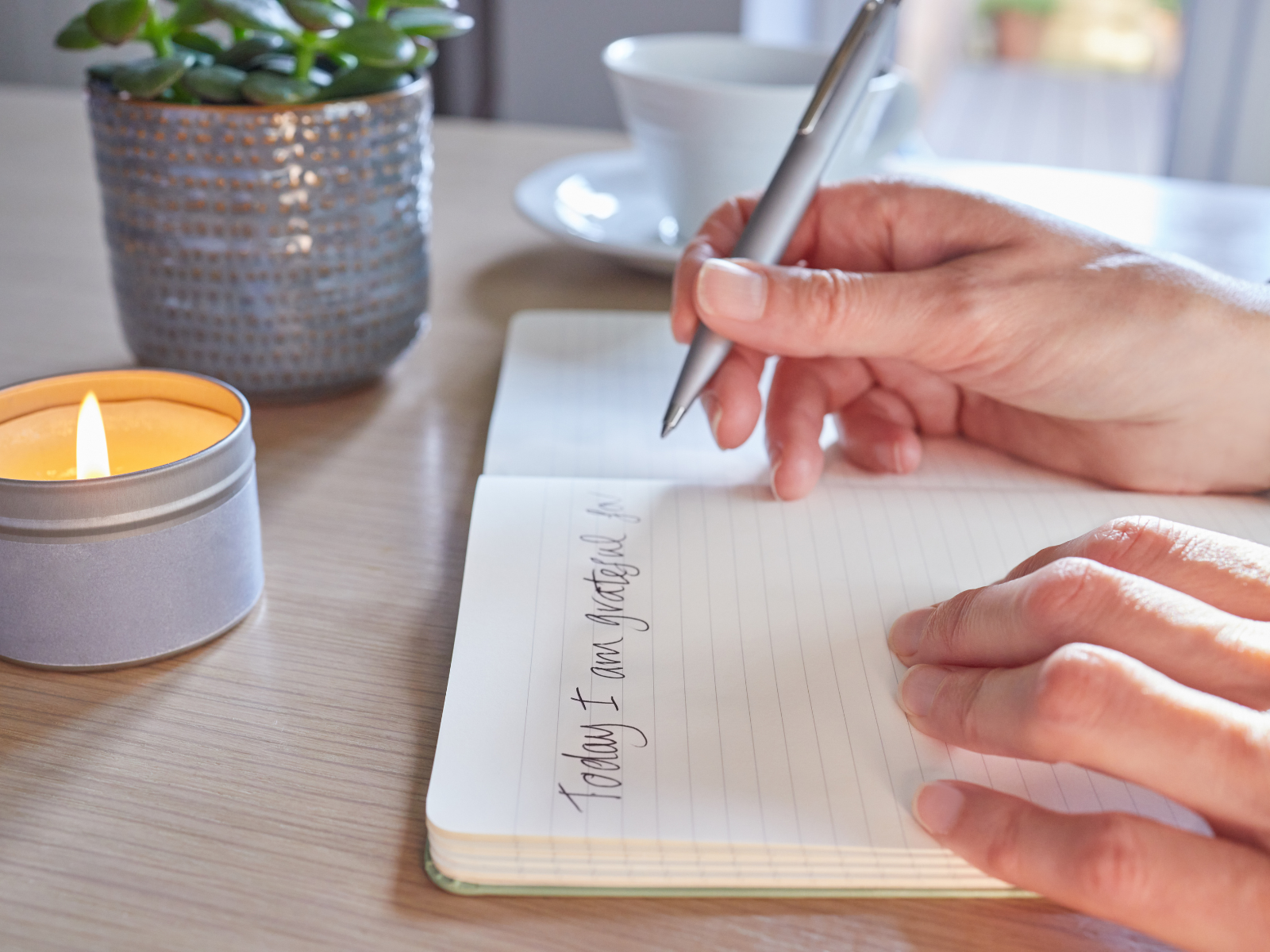
Types of Journaling
Embark on a transformative journey with the art of journaling, a practice that not only preserves your memories but also enhances your mental and emotional well-being.
Whether it's cultivating a mindset of gratitude, unraveling the mysteries of your subconscious, or boosting your productivity and creativity, each method offers a unique avenue for personal growth and self-discovery.
Dive into the world of journaling and discover how these powerful practices can help you lead a more fulfilled and mindful life.
Gratitude Journaling: A Path to Positive Psychology
Engaging in gratitude journaling can significantly enhance your psychological health by increasing happiness and reducing depression.
This practice encourages individuals to reflect on past events with a positive mindset, thereby increasing overall life satisfaction.
Dream Journaling: A Tool for Self-Discovery
Regularly writing down dreams can lead to greater self-awareness and understanding.
Analyzing dreams through a journal can help identify recurring themes or symbols that might be reflective of one’s emotional state or life situations, offering a unique perspective on personal challenges.
Bullet Journaling: Enhancing Productivity and Creativity
Bullet journaling helps in keeping track of both small tasks and long-term goals, making it a great tool for anyone looking to enhance their productivity.
It also serves as a creative outlet, allowing you to personalize your entries with sketches, colors, and layouts.
Art of Food and Fitness Journaling
Food journaling is not just about tracking calories; it's a reflective practice that offers a window into your nutritional habits and their effects on your well-being.
By documenting daily intake, individuals gain a better understanding of how different foods influence their body and mood.
This type of journaling becomes a cornerstone for those aiming to refine their dietary patterns or manage specific health conditions.
It encourages a deeper connection with food as more than sustenance but as a key component of a healthy lifestyle.
Fitness journaling, on the other hand, extends beyond mere exercise logs.
It's a therapeutic practice that captures the journey of physical transformation and the triumphs over personal fitness challenges.
Whether it's recording the number of reps in a gym session or noting the serene moments during a hike in the great outdoors, a fitness journal celebrates progress.
It serves as a motivational tool, reminding individuals of their capabilities and pushing them to set new health goals.
This journaling style not only preserves memories of physical achievements but also reinforces the commitment to personal health.
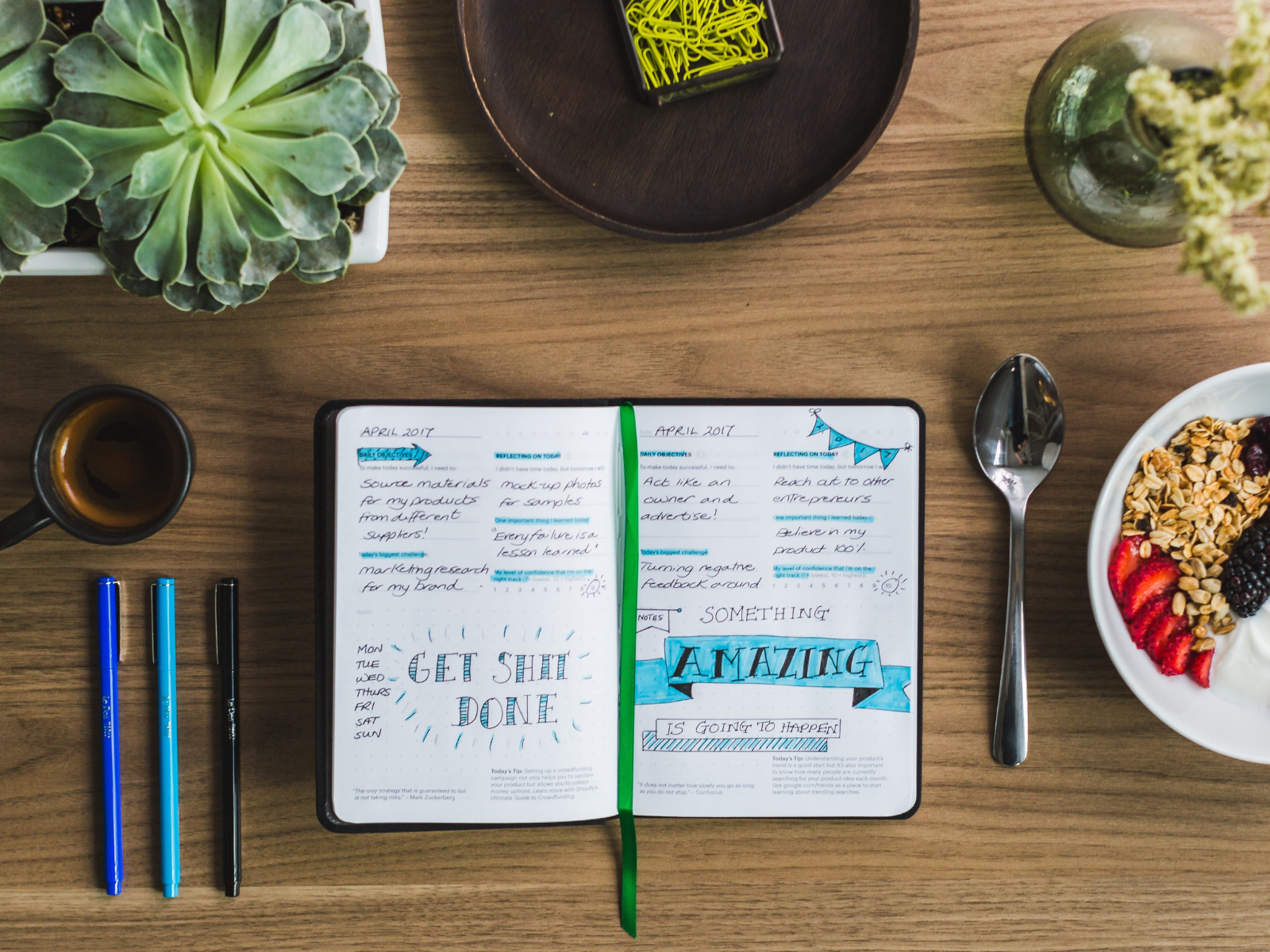
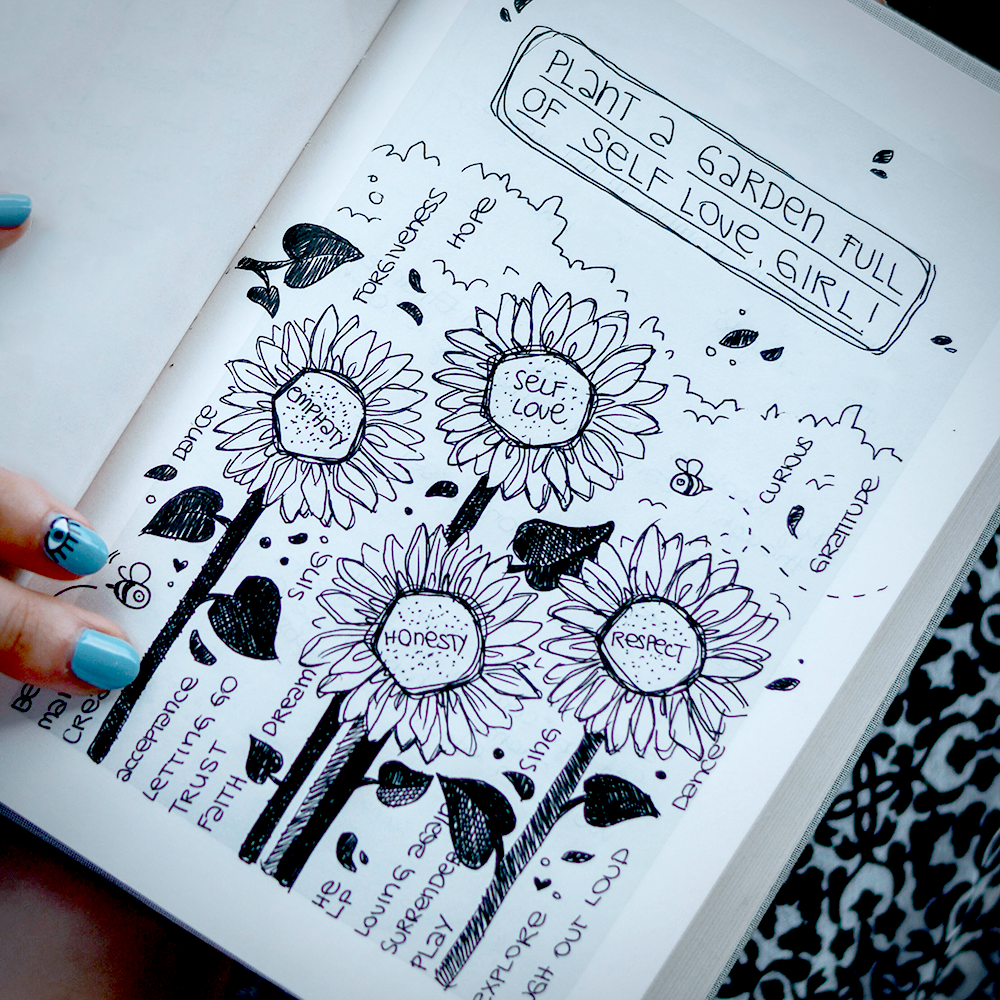
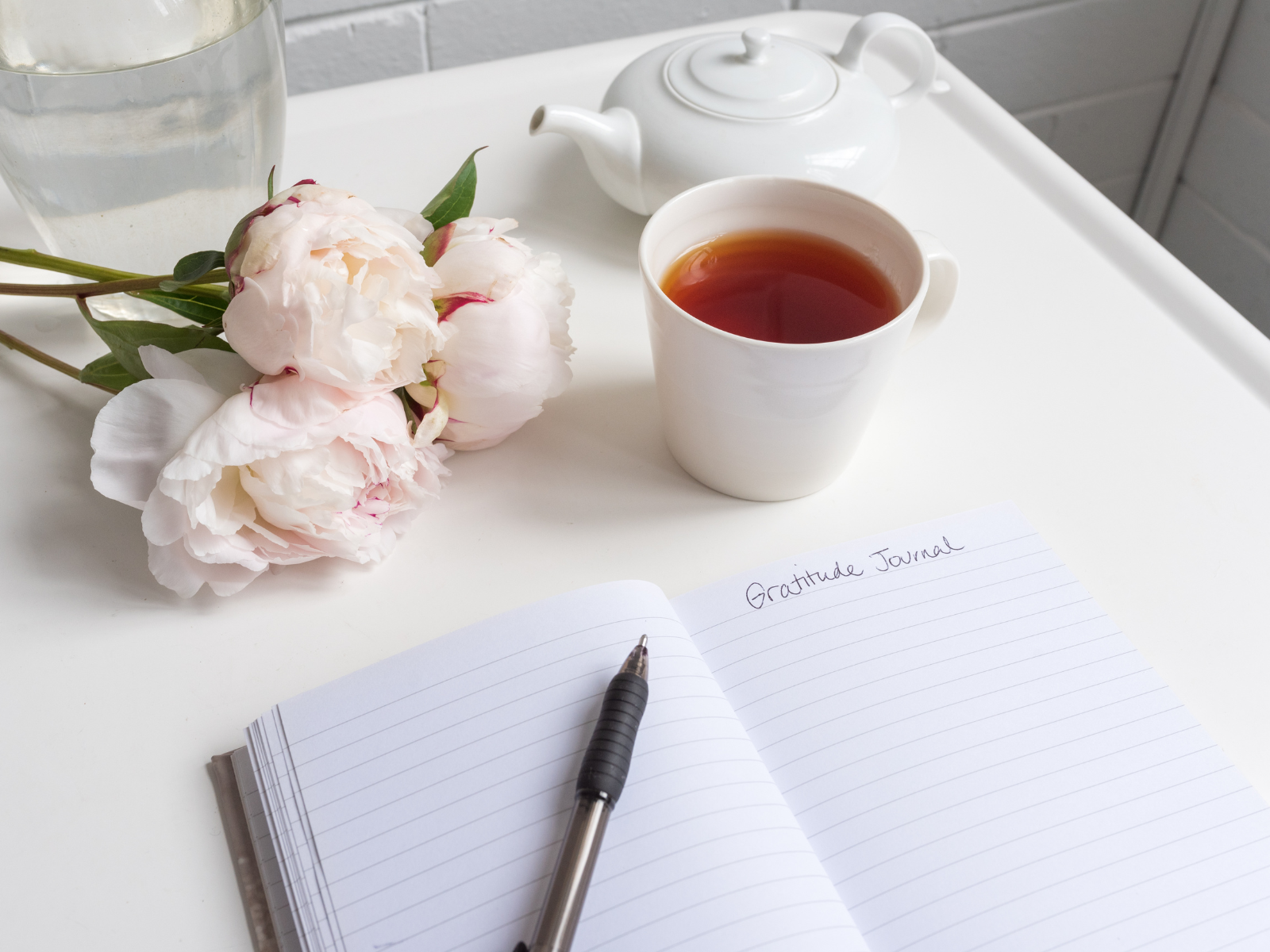
Benefits of Reading Journals: Beyond the Pages
Reading journals are a fantastic way to deepen your engagement with the written word.
By jotting down thoughts, reflections, and critical analyses of the books you read, you create a personal dialogue with the authors and the narratives.
This practice not only enhances comprehension and retention but also allows you to trace your evolving thoughts and feelings about different subjects over time.
It's a great idea for avid readers to start writing in a reading journal to capture these insights, making each book a stepping stone in their journey of intellectual and emotional growth.
Moreover, reading journals serve as a bridge between your current self and your future self.
They are a repository of personal growth and changing perspectives.
As you look back over your entries, you can see how your interpretations and understandings have shifted.
This reflective journaling aspect turns each reading experience into a layer of your personal history, enriching your relationship with literature and yourself.
For those who have just started journaling, incorporating a reading journal can be a simple yet profound addition to their daily routine.
Consciousness Journaling: Exploring the Depths of Your Mind
Consciousness journaling acts as a gateway to the inner workings of your mind, offering a unique perspective on personal thoughts and emotions.
This type of journaling encourages individuals to record their conscious experiences, thoughts, and feelings in real-time, providing a raw and unfiltered look at their mental state.
By doing so, it aids in recognizing patterns and triggers in one's life, fostering a deeper understanding of oneself and enhancing overall well-being.
Moreover, consciousness journaling serves as a powerful tool for mental clarity and focus.
It allows for the exploration of thoughts that often go unnoticed or unexamined during the hustle and bustle of daily life.
By dedicating time to reflect through writing, individuals can clear their minds of clutter, prioritize their goals, and navigate life's challenges with greater ease.
This practice not only improves mental health but also contributes to greater emotional resilience, helping people to better manage stress and anxiety.
Versatility of Travel Journals: Experiences and Memories
Travel journals are more than just a repository for itineraries and destinations; they are a canvas for preserving the essence of one's journeys.
By documenting the sights, sounds, and interactions of different places, travelers create a vivid archive of their experiences that transcends traditional photo albums or video clips.
This type of journaling captures the emotional and sensory experiences of travel, making each entry a return ticket to moments otherwise gone.
Furthermore, travel journals encourage a deeper engagement with one's surroundings.
They compel travelers to observe more keenly and reflect on their experiences, enriching their understanding of diverse cultures and environments.
Whether scribbling in a café in Paris or sketching the sunset over the Sahara, travel journals enhance the travel experience by making it more active and reflective.
They serve not only as a personal memento but also as a tool for sharing stories and insights with others, bridging gaps between different worlds and perspectives.


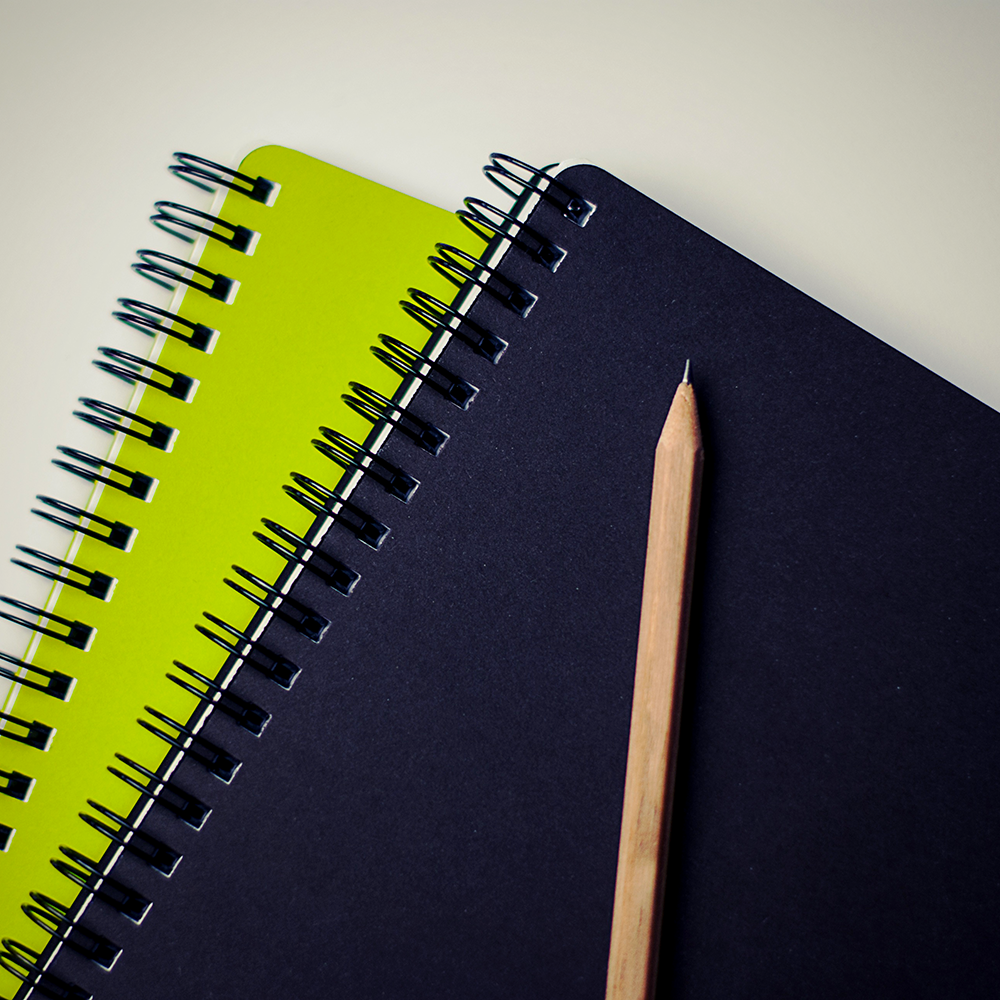
Art Journals: A Canvas for Personal Expression
Art journals are a vibrant intersection of imagery and text, offering a unique canvas for personal expression.
They cater to those who think visually and wish to explore their creativity without the constraints of traditional art forms.
In an art journal, you can combine sketches, collages, paint, and written words to document your life, thoughts, and inspirations.
This type of journaling is particularly appealing because it provides a tactile and visually engaging way to preserve memories and emotions, making it a perfect individual activity for artists and non-artists alike.
The process of maintaining an art journal can also significantly boost well-being.
It acts as a stress reliever and a form of self-care, allowing you to express feelings that might be difficult to articulate in words alone.
For many, the act of filling pages with colors and lines is a meditative practice that fosters a deeper dive into their inner world.
Whether you're a seasoned artist or someone just looking to explore different types of journaling, starting an art journal is a great idea to creatively engage with your thoughts and surroundings.
Exploring Reflective and Project Journaling
Reflective journaling is a profound tool that acts as a mirror to one's thoughts and emotions.
Often starting with "Dear Diary," this style allows for a free write approach where individuals pour their thoughts onto paper, leading to a therapeutic release.
It's a fun and creative way to confront personal experiences, offering insights that lead to personal growth and emotional healing.
Reflective journaling helps individuals process events and foster a positive outlook by focusing on positive things and lessons learned.
Project journaling, while it may seem like a niche area, is incredibly beneficial for anyone managing complex tasks or personal projects.
It provides a structured way to create lists, set deadlines, and record ideas, which helps in maintaining focus and organization.
Whether it's planning a book club, orchestrating a community event, or even chronicling the stages of a pregnancy journal, this methodical approach ensures that no detail is overlooked.
Project journals are not just about keeping records; they are about mapping the journey of an idea from conception to fruition, making them an essential tool for project success.
Integrating Journaling into Daily Life
Incorporating journaling into your daily routine can be as simple as dedicating a few minutes each morning or evening to write.
This small investment of time can yield significant returns in terms of mental clarity and emotional resilience.
Choosing the Right Journal
Selecting a physical journal that resonates with you can enhance your journaling experience.
Whether it’s a beautifully bound book that inspires you or a simple spiral notebook, the right journal feels like a trusted companion on your reflective journey.

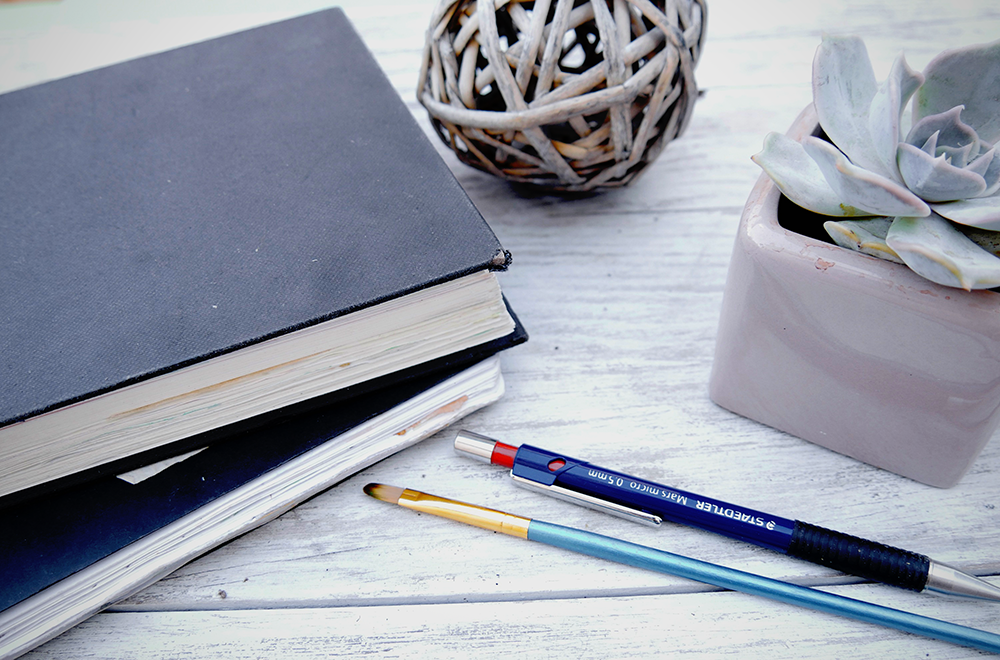
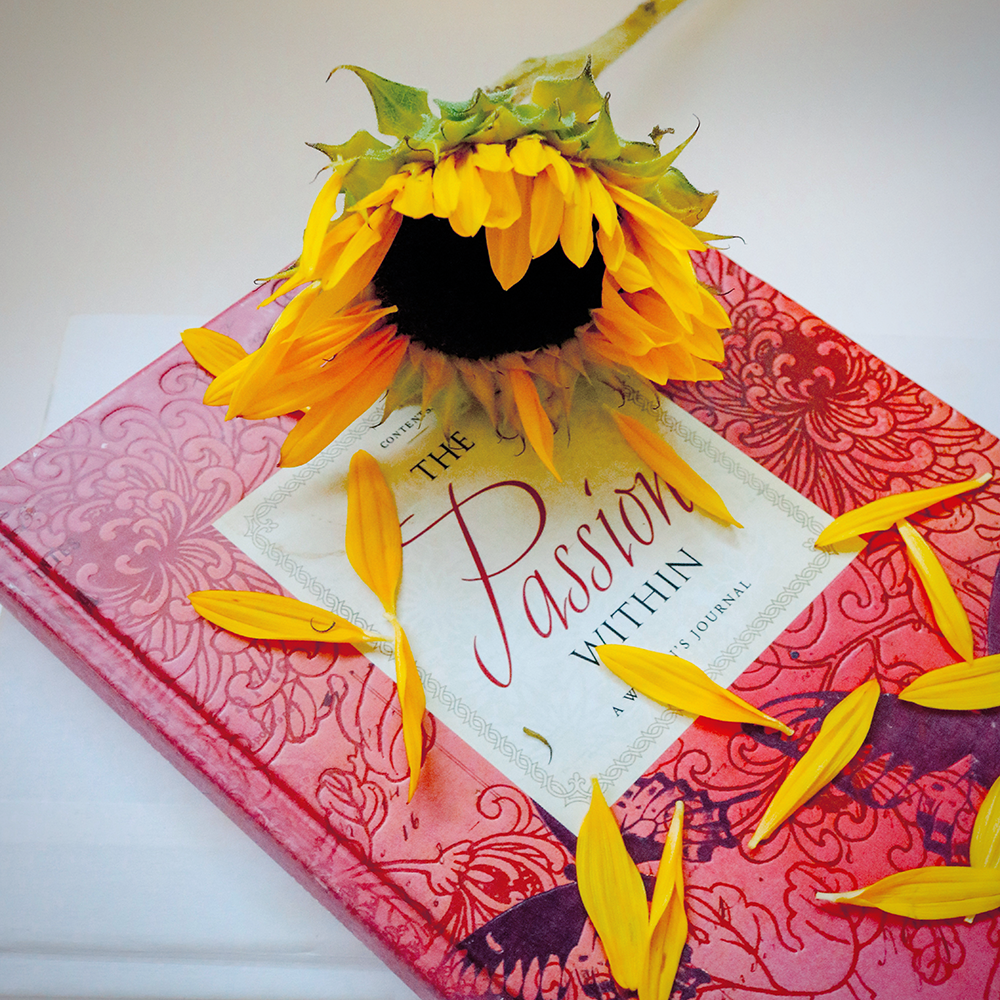
Journal Prompts to Get You Started
For those new to journaling, prompts can be a helpful kick-starter.
Questions like “What made me smile today?” for a gratitude journal or “What was the most vivid part of my dream?” for a dream journal can guide your writing when you’re feeling stuck.
Maintaining a Journaling Habit
Consistency is key in journaling.
Setting aside a specific time each day for this practice can help develop a routine, making journaling a natural and beneficial part of your day.
Impact of Journaling on Mental Health
Studies have shown that regular journaling strengthens immune cells, called T-lymphocytes, and can decrease the symptoms of asthma and rheumatoid arthritis.
This practice serves as a therapeutic tool, helping individuals process emotions and stress more effectively.
Expanding Your Journaling Practice
Once comfortable with a basic journaling routine, you might explore other types, such as travel journaling, food journaling, or art journaling, each offering different lenses through which to view your experiences and emotions.
Journaling as a Lifelong Companion
Over time, your journals can become a valuable archive of personal history, a written record of your thoughts, feelings, and experiences that you can look back on for years to come.
Embrace the Power of Journaling
Journaling is more than just a method of record-keeping; it's a gateway to deeper self-awareness and enhanced personal growth.
It is a versatile and enriching practice that spans various styles, and each style of journaling brings its own set of unique benefits, from fostering gratitude and decoding the subconscious to streamlining daily tasks and boosting creativity.
By making journaling a regular part of your life, you not only enrich your mental health but also open up new avenues for personal and professional development.
So, why not pick up a journal today and start your journey towards a more mindful and productive life?
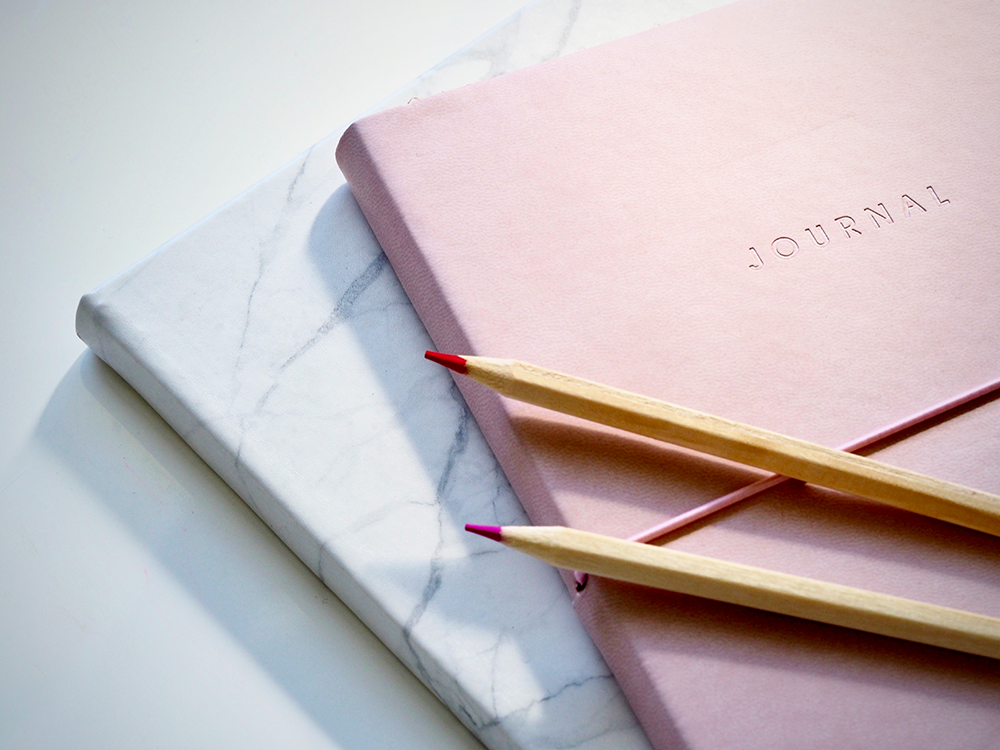
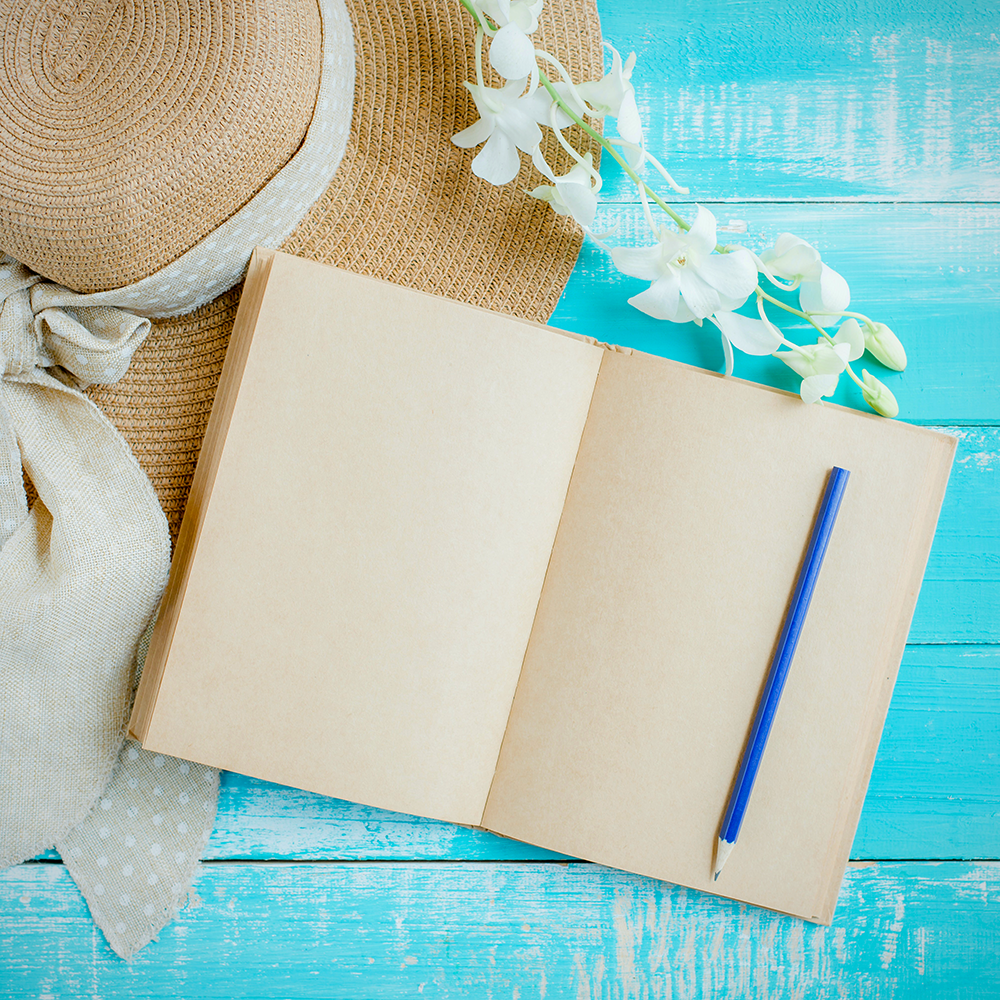

Journaling FAQs
Embarking on the journey of journaling can be transformative, offering a unique blend of self-expression and introspection.
Whether you're a seasoned diarist or a curious newcomer, navigating the world of journaling can raise several questions, like how to journal.
From selecting the perfect journaling style that resonates with your personal goals to understanding the basic essentials needed to begin, this FAQ section is designed to guide you through these initial steps and start journaling.
Moreover, we'll explore how this powerful practice can contribute to enhancing your mental health.
Dive into these Journaling FAQs to unlock the secrets of turning blank pages into a source of profound personal insight.
How do I choose the right type of journaling for me?
Consider what you hope to gain from journaling. If you’re looking to boost your mood and perspective, try gratitude journaling. If understanding your subconscious or enhancing creativity is your goal, dream journaling might be ideal. For those needing structure and organization, bullet journaling is excellent.
What are the basic supplies needed for starting a journal?
All you really need is a notebook and a pen. Choose a journal that feels right for you—whether it’s a simple notebook or something more decorative—and a comfortable, reliable pen.
Can journaling improve mental health?
Yes, numerous studies have indicated that journaling can have a significant positive impact on mental health by helping individuals process emotions, reduce stress, and improve overall emotional well-being.
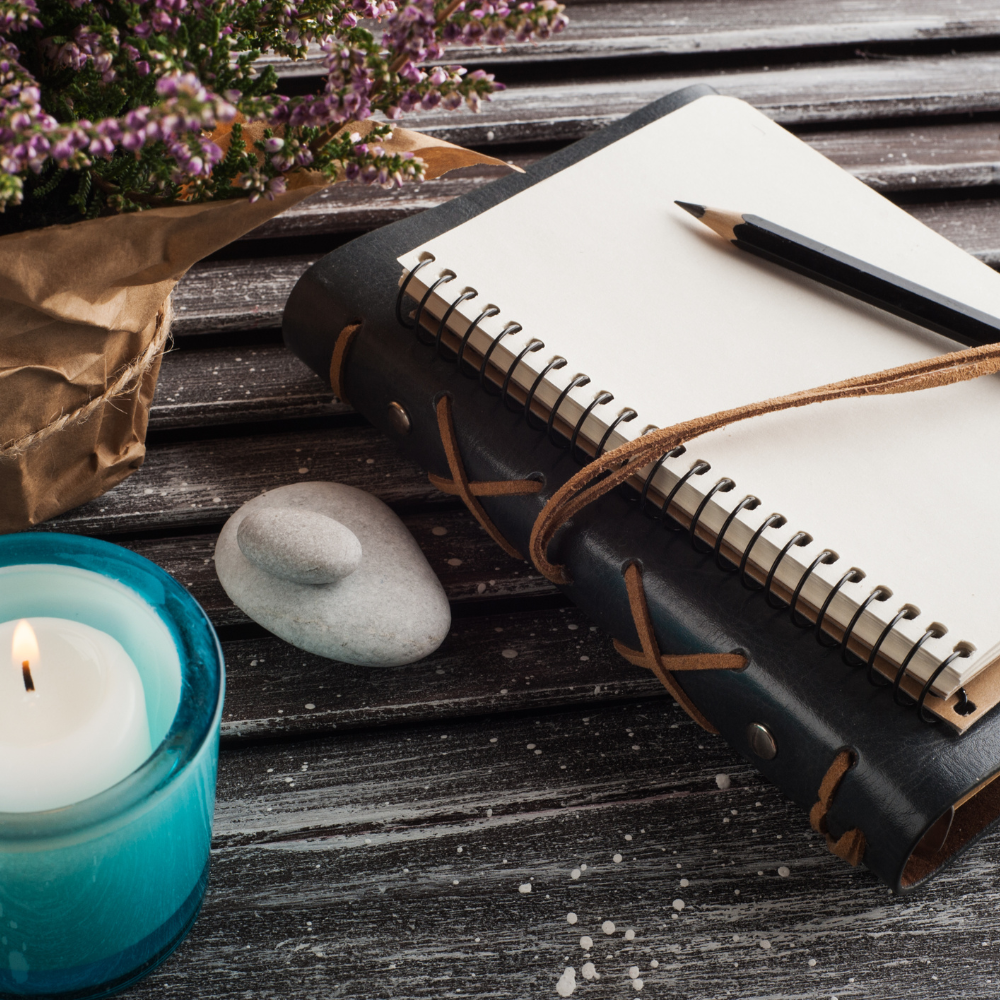
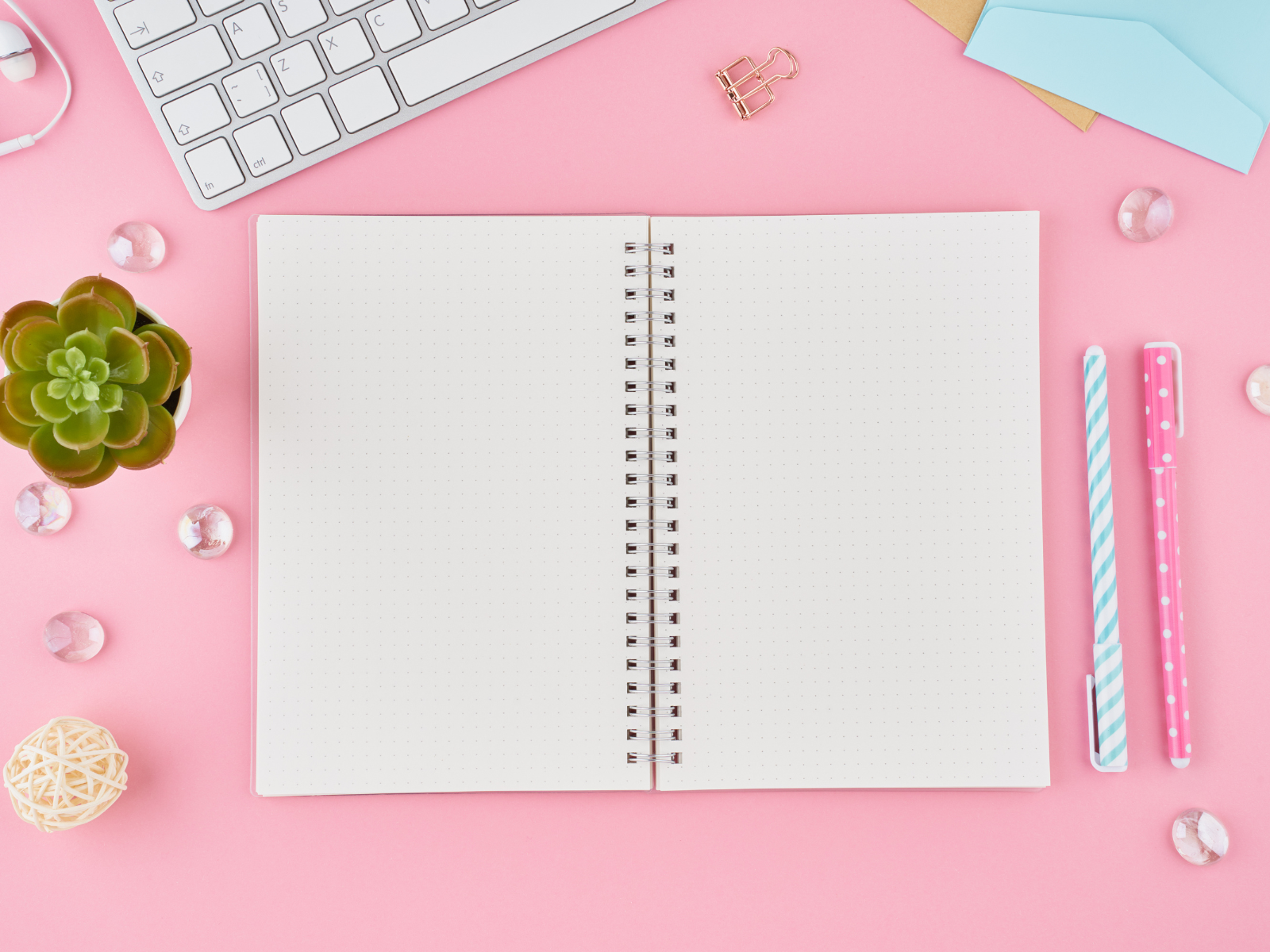

Curious to learn more about types of journaling? Check out My Abiding Journal's video!
Want even more content about creativity and art?
Be sure to check out all of our creative chronicles!
Eager to learn more about journals and sketchbooks?
Check out some of our other articles:
-Is journaling a creative skill?
-What is the difference between a journal and an art journal?
-What's the difference between a sketchbook and an art journal?
